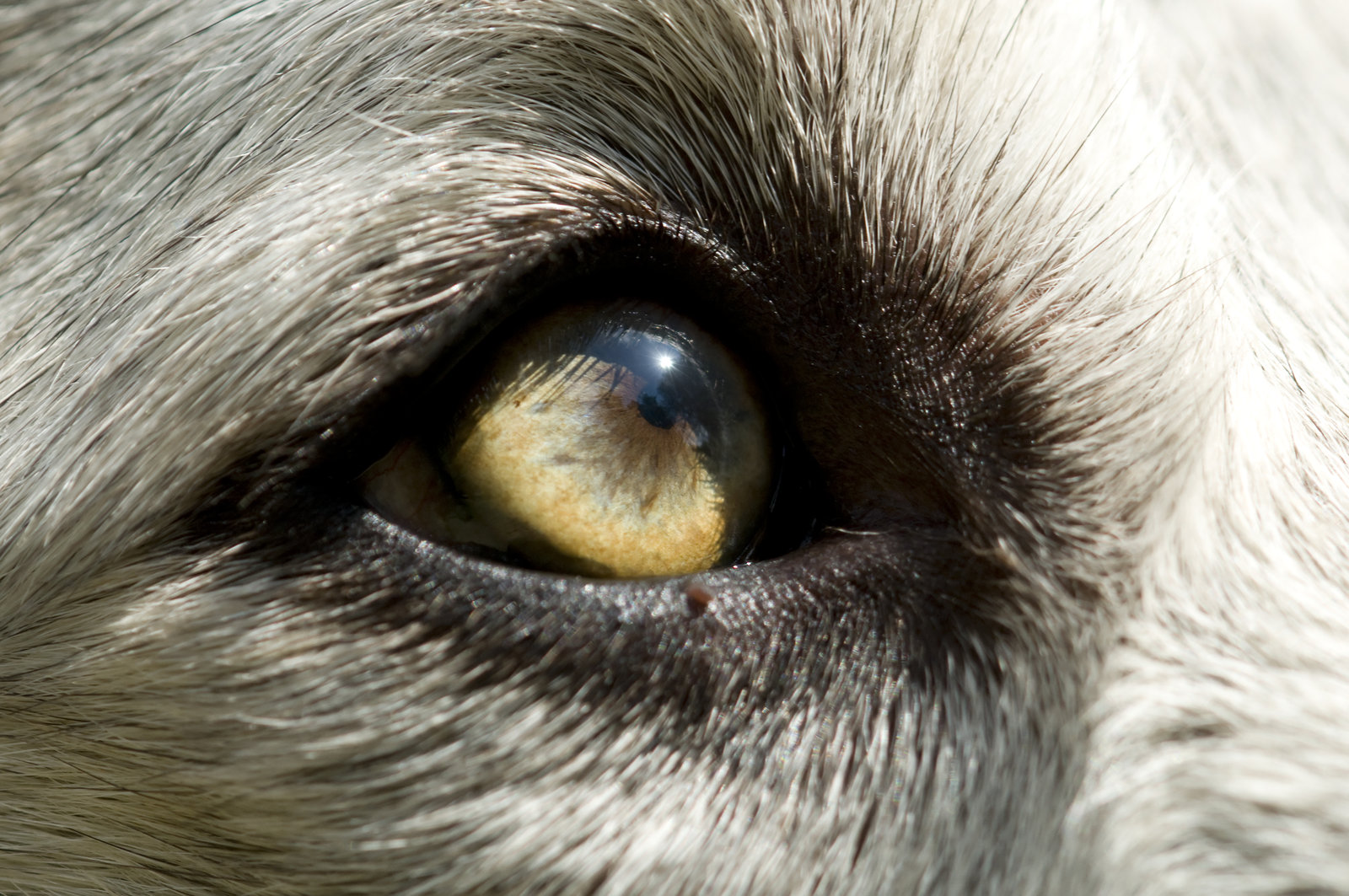If you want to know more about your dog’s essential nature – his sensitivities and disposition regarding different situations, look no further than his eyes.
Through his eyes, you can get a better understanding about your dog’s personality and behavior. You’ll be able to know if certain behaviors that he exhibits are natural for him, or if they are behaviors that he has acquired due to an outside force such as a traumatic experience. By recognizing your dog’s inner nature, you’ll be able to truly “see” your dog in a deeper way, know why he does what he does, and what you can do to fix it.

The method is called Iridology. Iridology is an ancient practice of looking at the iris of the eye (irid) and analyzing the colors, textures, and markings to reveal the constitution. A dog’s constitution is his inner nature, his character, and what occurs in the body according to the way he lives.
By studying your dog’s constitution, you’ll be able to figure out the main cause of his behavioral problem, and then determine the best way for him to solve it. Iridologists classified three types of constitution on dogs that have the tendency to show anxious, phobic, or nervous behaviors.
1. Dogs With Emotional Bodies:
These are dogs that have a series of “openings” shaped like flower petals all around the iris. These openings are called lacunas. Dogs with emotional bodies are believed to be born healers. Also inherent in them is the ability to sense emotional energies of everyone he meets.
Because of his keen perception, an emotional body dog has a tough time letting go and handling these different energies. Because of the overwhelming outside energies, he usually exhibits emotional behaviors such as possessiveness, clinginess, destructiveness, and depression.
2. Dogs That Are Nervous Sensitive:
These are dogs that show lines running around their iris. These lines are nerve rings and indicate that the dogs are experiencing stress, which has a direct influence on the nervous system. Nervous sensitive dogs are usually demanding, rigid, controlling, and bossy.
On the positive side, they are hard-working and love a set routine. In order to feel safe and secure, they need to stay busy and have the assurance of knowing what is going on around them at all times. Precise commands and clear directions are crucial.
3. Dogs That Are Immune Reactive:
These dogs show a thick, white halo around the iris. This halo signals “turbulence” in the nervous system. This “turbulence” is a result of being overwhelmed by different stimuli, both internal and external.
These dogs also lack the ability to sort out certain information that they receive. Dogs with this constitution are reactionary and overexcited. They are unable to differentiate between threatening and non-threatening situations.
